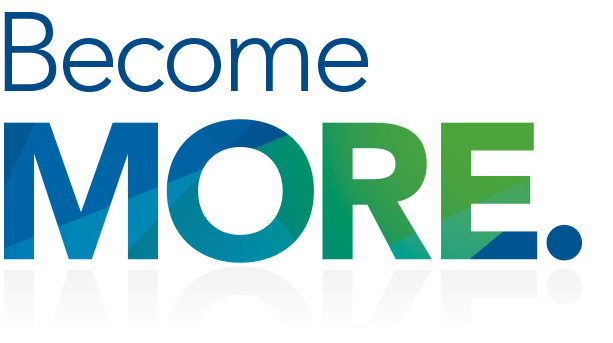
Honours Bachelor of Science – Nursing (BScN) program at Georgian College.
Study close to home and graduate with the advantage of on-the-job experience, strong employer connections, hands-on practise in labs, and one-on-one training with small class sizes taught by expert faculty who care.
- Four-year degree
- Barrie and Owen Sound campuses
- Six clinical placements
- Start in fall 2022
Central Ontario’s first four-year Bachelor of Science – Nursing (BScN) program launches September 2022.
Earn your nursing degree from Georgian College and complete all four years at our Barrie or Owen Sound campuses. Benefit from a combination of classroom, laboratory and clinical learning.
Georgian has a long history of delivering high-quality nursing education. We have thousands of nursing alumni, with the very first graduating class of our Nursing Assistant program dating back to 1974.
Georgian’s BScN degree program will meet all required regulatory and accreditation requirements by the Canadian Association of Schools of Nursing and the College of Nurses of Ontario. Graduates will be eligible to apply to become a Registered Nurse in Ontario.
This is a full-time, direct-entry program for those without previous nursing knowledge who want to pursue a career in the nursing profession.
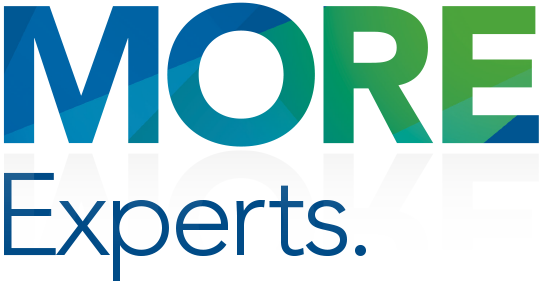
Georgian’s NURSING FACULTY are caring, highly-trained experts, with years of experience at the point of care.
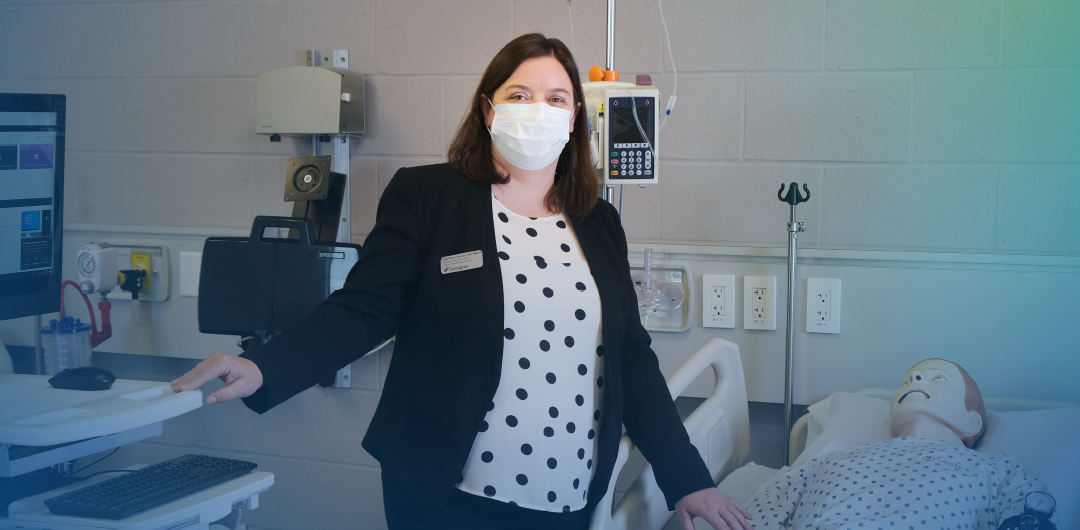
LEARN FROM THE BEST
Learn from and be mentored by dedicated, award-winning professors who built their careers in the health-care sector and combine academic theory with vast industry knowledge.
Whether you’re in a classroom or a lab, you’ll be learning from the best!
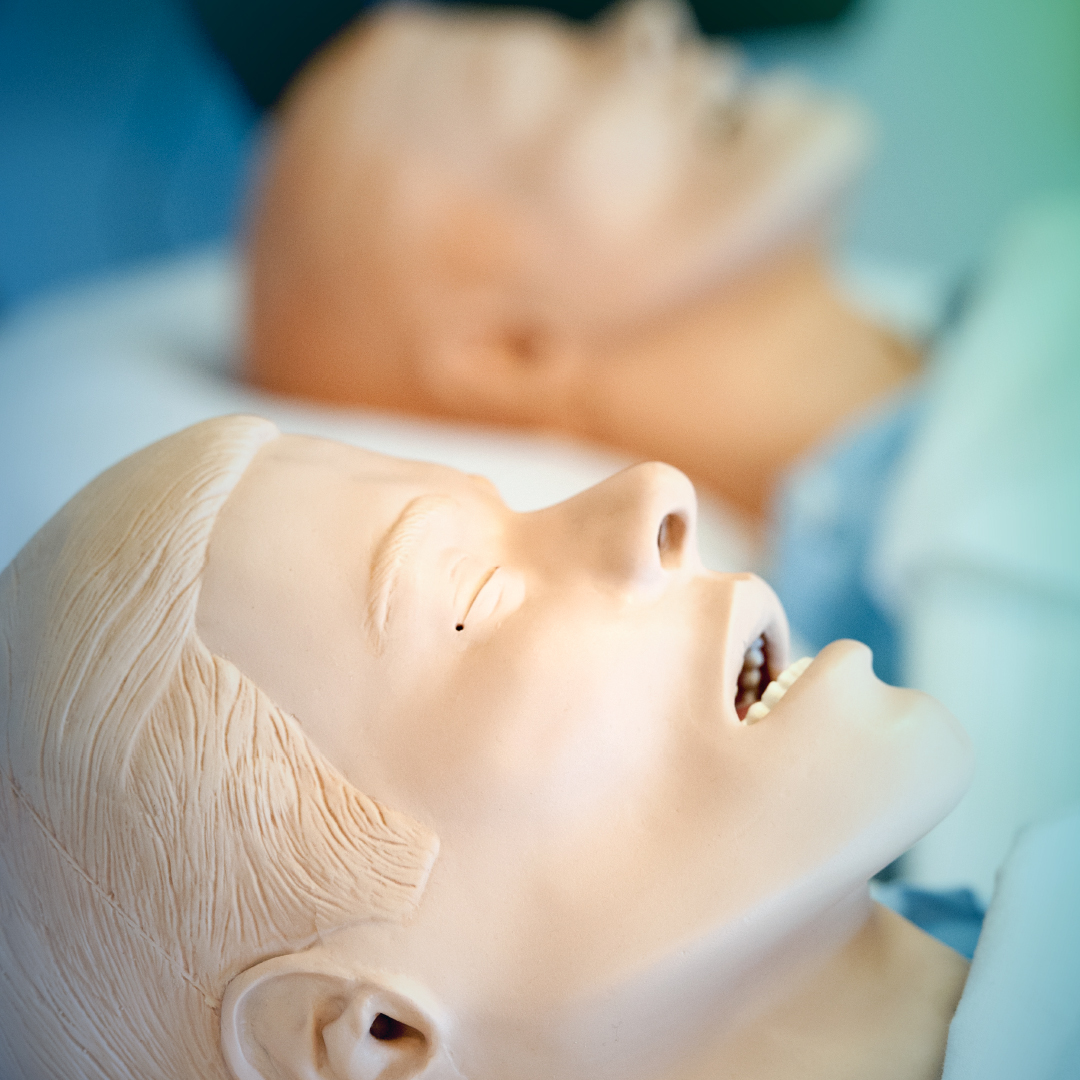
INNOVATION
Their specialties range from innovative research to clinical simulation. Many hold advanced degrees; 40 per cent have completed PhDs.
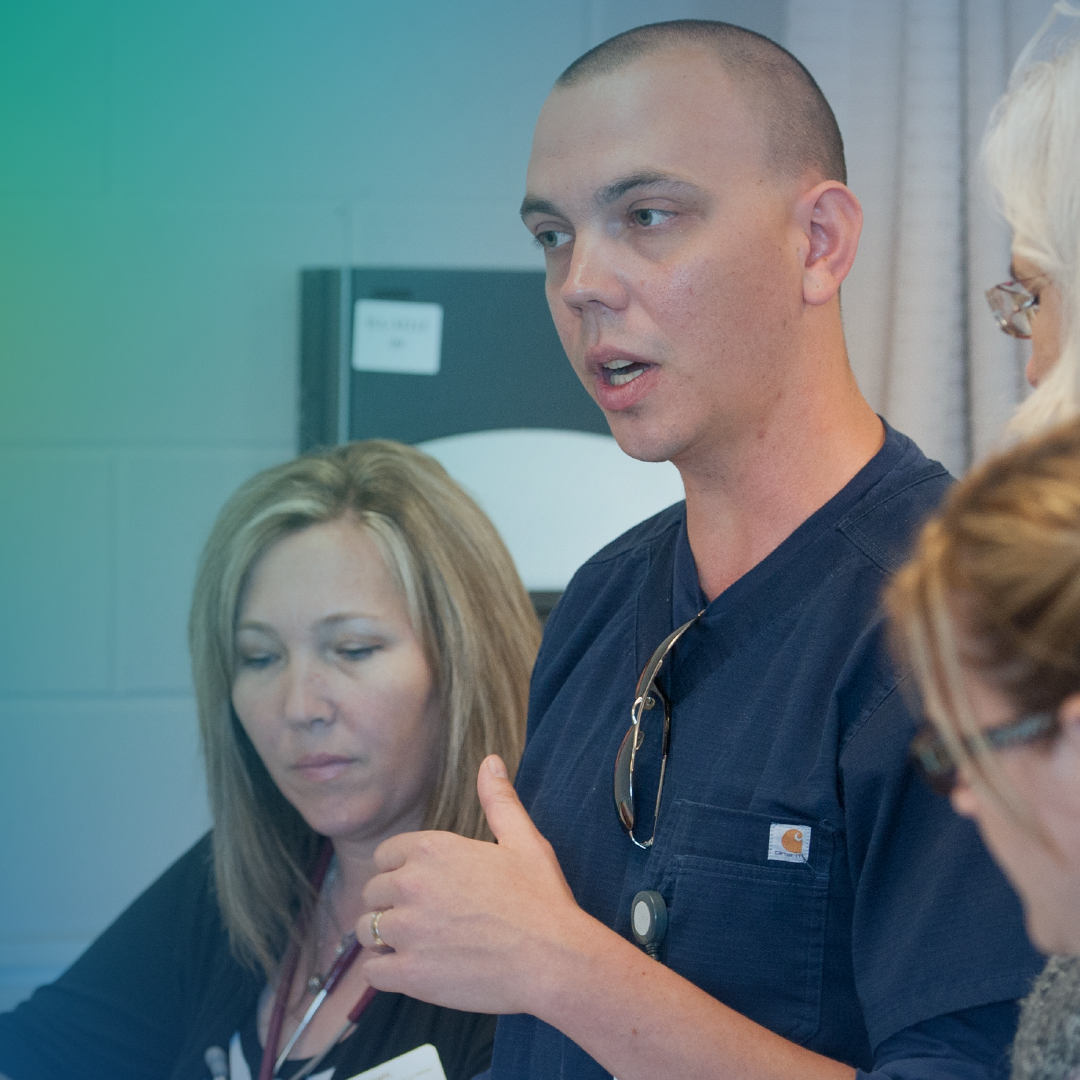
ONE-ON-ONE SUPPORT
At Georgian, you’ll benefit from small class sizes. Get the support and personalized attention you need to succeed.
DR. JACQUELINE LIMOGES
BScN, MScN, PhD, faculty
“The research infrastructure at Georgian is growing and this is really exciting to see. Every year, there are more supports for faculty and students to engage with research.”
Georgian’s NURSING FACULTY are caring, highly-trained experts, with years of experience at the point of care.

BROWSE OTHER PROGRAMS
at Georgian that might interest you.
Pre-health Sciences Pathway to Advanced Diplomas and Degrees
One-year preparatory certificate program to satisfy science and math requirements for further studies in health programs.
Personal Support Worker
One-year certificate program with two clinical placements that prepares you to provide quality personal care to clients.
Paramedic
Two-year diploma program with two clinical placements and two field placements that prepares you for a career in emergency out-of-hospital medical and trauma care.
Enhanced Practice for Internationally Educated Nurses – Complex Care
One-year graduate certificate program for internationally educated nurses (IENs) to build on existing skills and prepare for a nursing career in Ontario.
Practical Nursing
2.5-year diploma program with five clinical placements that prepares you to become a Registered Practical Nurse (RPN) in Ontario.
Pharmacy Technician
Two-year diploma program with two practicums that prepares you to become a licensed pharmacy technician in Ontario.
Advanced Care Paramedic
One-year graduate certificate program with one internship to create leaders in emergency situations who provide emergency out-of-hospital medical and trauma care.
Community Safety
Not all heroes wear scrubs. Consider a career in Community Safety for other pathways that can make a positive impact in your community on the frontlines.
READY to explore your future career in nursing?
Connect with Kailey, Student Recruitment Specialist, to discover more about Georgian’s four-year BScN degree program and get answers to your questions.
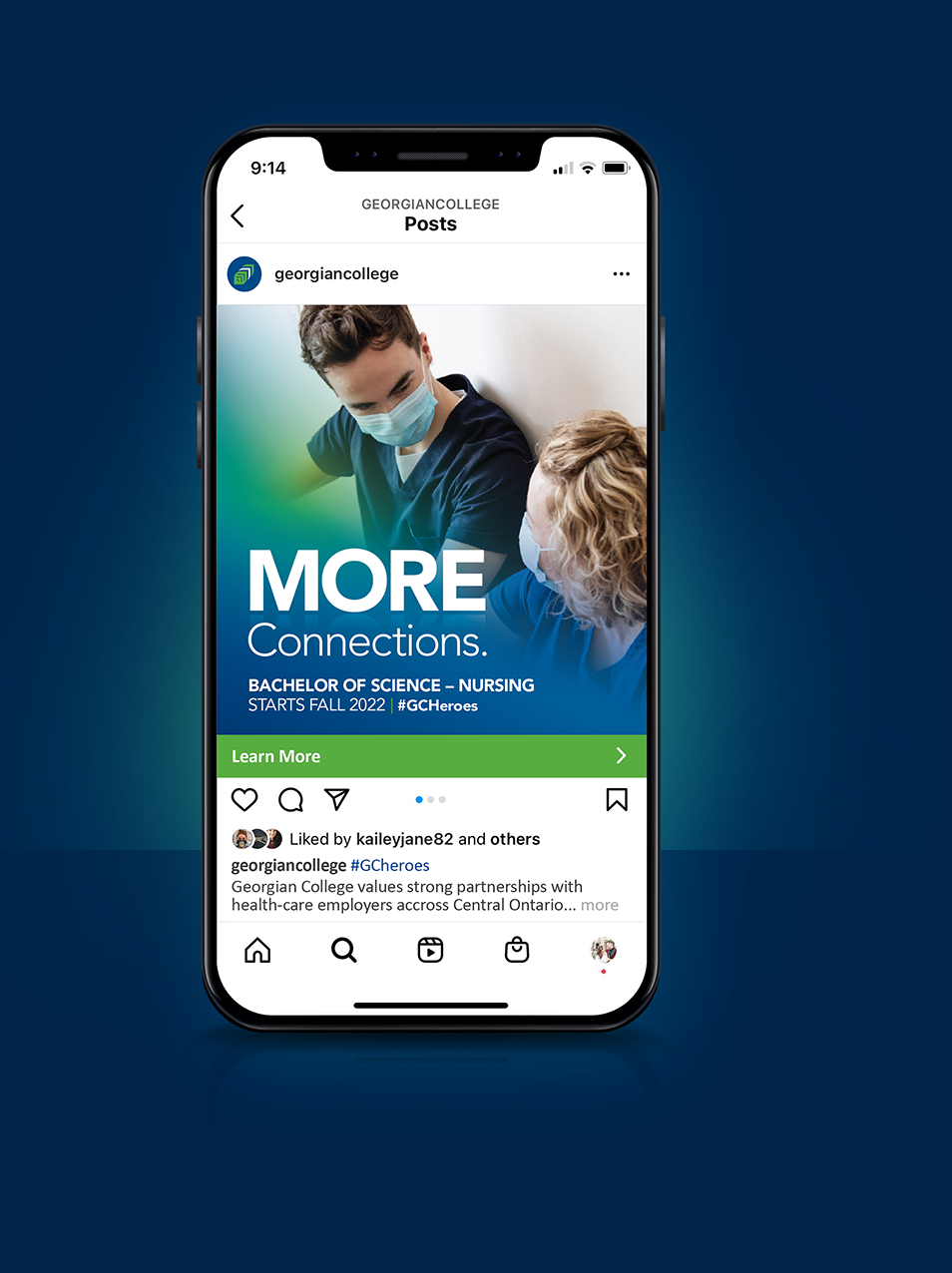

RECOGNIZE the health-care heroes in your life who wear an invisible cape!
Do you have a story to share about a health-care hero making meaningful impacts in your community?
Share your stories, gratitude, photos, videos and more by using the hashtag #GCHeroes on social.
One Georgian Dr., Barrie ON L4M 3X9 | 705.728.1968 | inquire@georgiancollege.ca
Copyright © 2021 Georgian College.

Dr. Jacqueline Limoges: Leading research to build knowledge for practice
What are some of the challenges nurses face?Nurses have a profound understanding of the human experience of health and illness. That comes from nursing education and is further developed when nurses practice.
All of our work is oriented to applying knowledge, skill, and judgment to each episode of care, to achieve the best outcomes for that person. Nurses understand that health impacts people. They also understand that the experience of receiving care can influence a person’s health outcomes. This understanding can be a heavy load to carry, but it can also be aspirational. When nurses understand the contributions they can make, it’s motivating and empowering. Nurses also work in a health system that has tremendous strengths and resources, but also tremendous challenges. They’re trying to do intricate, sophisticated work, in sometimes difficult situations. Why did you get involved in research?Ultimately, I want to develop knowledge and understanding so nurses can respond with awareness, knowledge, and compassion. To do that, we constantly have to learn.
There are so many questions for people who are curious and have research skills. I really enjoy working on a research team to find answers to the important questions nurses pose. I’ve completed research projects with colleagues here at Georgian and beyond.
My research is focused on producing knowledge for practice, with a view that once a nurse understands a situation, there’s an opportunity to respond to it differently.
I’ve always been focused on applied research — trying to answer clinical questions. I’m motivated by the stories nurses and students have told me. I listen to people when they talk about their challenges in nursing — the things they really struggle with. I try to use these conversations to generate my research questions.
What are the main questions you’re trying to answer with your research?A big focus to my research is understanding collaboration. Collaboration is a very complex social practice that’s imbued with all kinds of relationships, hierarchies and ideologies. So, I’ve been trying to understand the enablers to inter- and intra-professional collaboration.
I’ve researched how the pandemic is impacting collaboration and professional practice, how education influences collaboration and how the introduction of paramedics into homecare influences collaboration. I hold the view that collaboration is good for everyone. It’s good for patients, providers, and for the system.
Another strong theme to my research is technology and how it influences nursing practice. I started researching in this area when I explored how simulation labs can be used to replicate challenging situations in health care and how labs can be used in a more aspirational way — where we can showcase nursing as we hope it to be.
I’ve been involved in research at the Royal Victoria Regional Health Centre (RVH) looking at real-time location systems, and how time and location data can provide important information for practice.
I also studied how technology can support student learning by using the web to connect students in Canada with students in Denmark to support global understanding of health, wellness, health care and nursing practice.
Lastly, given my passion for applied research, I’ve published two papers to clarify clinical scholarship. I wanted to explain how nurses who are engaged in knowledge-based practice can generate knowledge that others can use. When a nurse improves patient care, that is a form of clinical scholarship. It’s that wisdom at the bedside. I’ve written about how can we support nurses to turn their experiences into knowledge and to make it available to others.
What are you currently researching, and what has it revealed about working in a pandemic?I’m trying to understand how the pandemic is influencing professional practice and collaboration. I’m working with an interprofessional research team to understand the disruption and what knowledge and supports healthcare providers need.
It’s a mixed method study. My co-principal investigator is a psychiatrist from Waypoint Centre for Mental Health Care, Dr. Nathan Kolla. We used a battery of standardized tests to look at five wellness domains. Health-care providers at Waypoint and RVH completed online surveys about stress, depression, anxiety, loneliness, fear of COVID-19, and resilience, so we could understand their state of health and wellness.
The other part of that study used interviews with health-care providers from Waypoint and from RVH. We also had an open-ended online questionnaire.
The answers provided by healthcare providers gave us tremendous insight into what is like for them to practice during the pandemic. It’s been really challenging.
We have some really good information to guide pandemic recovery policies and leadership strategies. We’re working to publish our findings and will present them at a few upcoming events.
Why is research important for students?When we do research, we become experts in a topic. For example, I’ve read everything there is to read about the impact of COVID-19 on clinical practice.
I’ve been teaching leadership this term and it’s been incredible to work with fourth-year students who will become registered nurses while the pandemic is happening. I’ve been able to use my research to prepare these students to deal with the legacy of the pandemic.
From listening to nurses and other health professionals, I realized that genetics and genomics will soon have a significant impact on nursing practice. I’m using the research process and working with nurses from across Canada and from other countries to clarify how we will teach and support nurses to use this new knowledge form. Research keeps us on the cutting edge and students benefit from this because their education is as up to date as possible.
I use my publications for course readings, and this helps students understand where nursing knowledge comes from, and helps them connect with the topic.
Why is Georgian a good place to study for a career in nursing?Georgian developed an entirely new curriculum for the new Bachelor of Science – Nursing program (BScN). The curriculum builds on years of faculty experience in nursing, and uses contemporary ideas and research to offer an innovative approach to nursing education.
For example, there’s a focus on health care for distinct populations, such as those who live in rural and semi-urban settings. The curriculum also addresses new and emerging concepts such as precision health care, interprofessional collaboration, technology and healthy aging. Students will prepare to address the health needs of our local communities and beyond.
In addition, Georgian offers small class sizes, access to experienced faculty, excellent clinical placements, and a focus on our community.
Tell us a little about your journey to this point.After completing my BScN, I worked for two years at Sunnybrook as a nurse at the point of care, in Oncology. I got my Master of Science in Nursing from the University of Toronto. Then I worked at Orillia Soldiers’ Memorial Hospital as a clinical nurse specialist, manager, and educator. I started teaching at Georgian in the year 2000. In 2007, I completed my PhD at the University of Toronto.
I currently teach ethics and leadership courses. I’m also Georgian’s Research Lead for Health, Wellness and Sciences – a position that comes out of the Research and Innovation department.
Because my nursing background includes oncology, research and interprofessional collaboration, I’m the vice chair of the Ontario Cancer Research Ethics Board (OCREB). Through OCREB, I can contribute to cancer research and learn about new treatments for cancer.
I try to create networks of collaboration that benefit Georgian, our students, and ultimately the nursing community. Whenever I’m talking to my peers or teaching in a class, I try to share my knowledge.
The research infrastructure at Georgian is growing and this is really exciting to see. Every year, there are more supports for faculty and students to engage with research.
I’m just one of many Georgian faculty developing knowledge and relationships with our partners locally, globally and internationally. We all strive to ensure we’re on the cutting edge.








